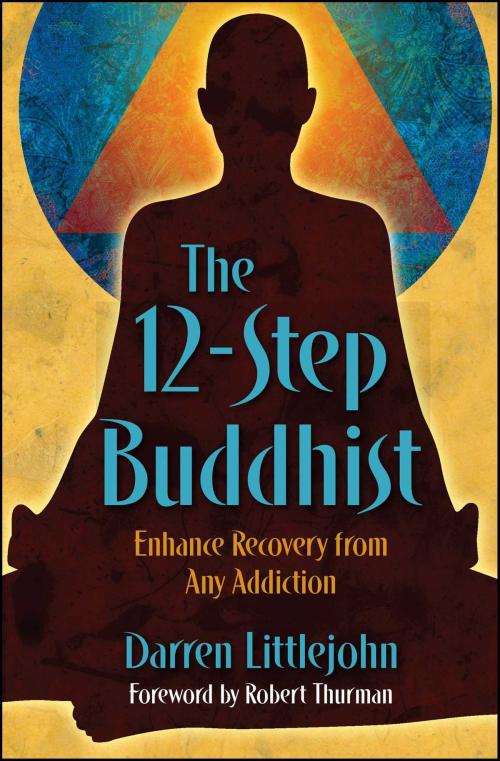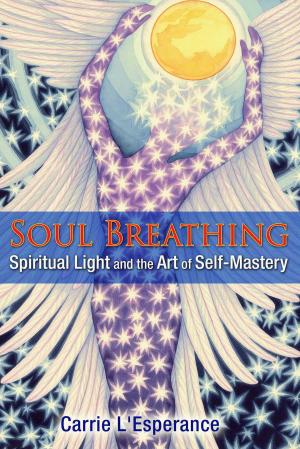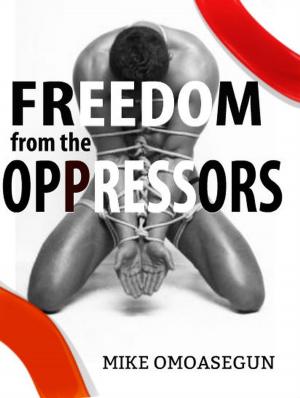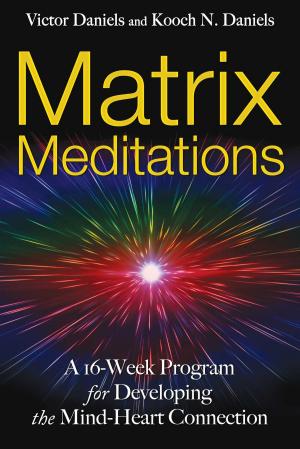The 12-Step Buddhist
Enhance Recovery from Any Addiction
Nonfiction, Religion & Spirituality, Eastern Religions, Buddhism, New Age, Personal Transformation| Author: | Darren Littlejohn | ISBN: | 9781416595953 |
| Publisher: | Atria Books/Beyond Words | Publication: | March 10, 2009 |
| Imprint: | Atria Books/Beyond Words | Language: | English |
| Author: | Darren Littlejohn |
| ISBN: | 9781416595953 |
| Publisher: | Atria Books/Beyond Words |
| Publication: | March 10, 2009 |
| Imprint: | Atria Books/Beyond Words |
| Language: | English |
The face of addiction and alcoholism is a face that many have seen before -- it may be a celebrity, a colleague, or even a family member. And though the 12-step program by itself can often bring initial success, many addicts find themselves relapsing back into old ways and old patterns, or replacing one addiction with another. Author Darren Littlejohn has been there and back, and presents a complimentary guide for recovery to the traditional twelve-step program, out of his own struggles and successes through the study of Zen and Tibetan Buddhism.
Working with the traditional 12-Step philosophy, the author first shares his own life path, and how he came to find the spiritual solace that has greatly enhanced his life in recovery. Then, he details out how his work integrating Buddhism into the traditional twelve-step programs validates both aspects of the recovery process. While being careful not to present himself as a Tibetan lama or Zen master, the author shows how each step -- such as admitting there is a problem, seeking help, engaging in a thorough self-examination, making amends for harm done, and helping other drug addicts who want to recover -- fits into the Bodhisattva path. This integration makes Buddhism accessible for addicts, and the 12 Steps understandable for Buddhists who may otherwise be at a loss to help those in need.
The 12-Step Buddhist is designed to be a complimentary practice to the traditional 12-step journey, not a replacement. While traditional twelve-step programs help addicts become sober by removing the drug of choice and providing a spiritual path, they rarely delve deep into what causes people to suffer in the first place. The integration of Buddhism with the traditional process provides the wisdom and meditations that can help addicts truly find a deep, spiritual liberation from all causes and conditions of suffering -- for good.
The face of addiction and alcoholism is a face that many have seen before -- it may be a celebrity, a colleague, or even a family member. And though the 12-step program by itself can often bring initial success, many addicts find themselves relapsing back into old ways and old patterns, or replacing one addiction with another. Author Darren Littlejohn has been there and back, and presents a complimentary guide for recovery to the traditional twelve-step program, out of his own struggles and successes through the study of Zen and Tibetan Buddhism.
Working with the traditional 12-Step philosophy, the author first shares his own life path, and how he came to find the spiritual solace that has greatly enhanced his life in recovery. Then, he details out how his work integrating Buddhism into the traditional twelve-step programs validates both aspects of the recovery process. While being careful not to present himself as a Tibetan lama or Zen master, the author shows how each step -- such as admitting there is a problem, seeking help, engaging in a thorough self-examination, making amends for harm done, and helping other drug addicts who want to recover -- fits into the Bodhisattva path. This integration makes Buddhism accessible for addicts, and the 12 Steps understandable for Buddhists who may otherwise be at a loss to help those in need.
The 12-Step Buddhist is designed to be a complimentary practice to the traditional 12-step journey, not a replacement. While traditional twelve-step programs help addicts become sober by removing the drug of choice and providing a spiritual path, they rarely delve deep into what causes people to suffer in the first place. The integration of Buddhism with the traditional process provides the wisdom and meditations that can help addicts truly find a deep, spiritual liberation from all causes and conditions of suffering -- for good.















